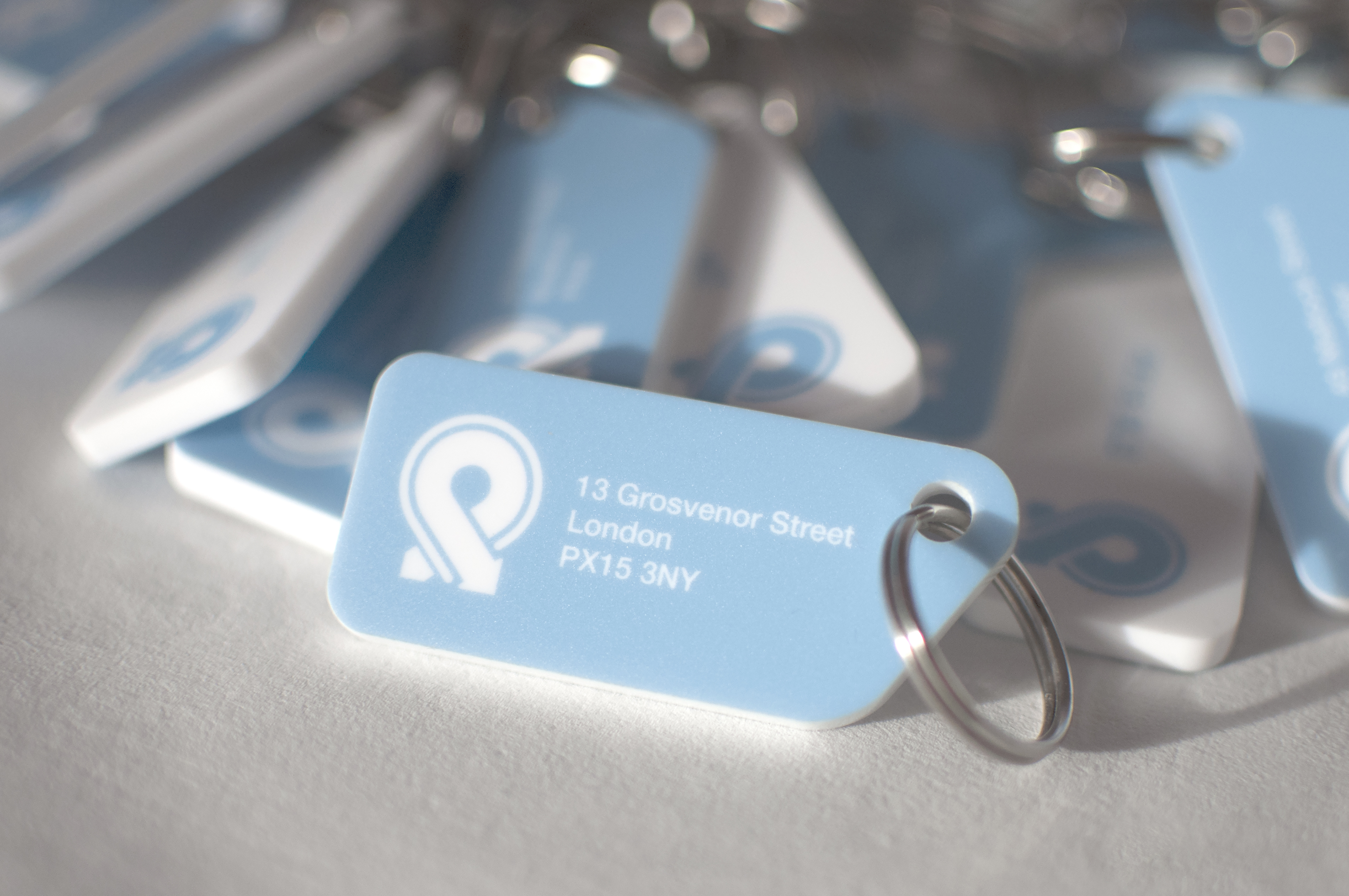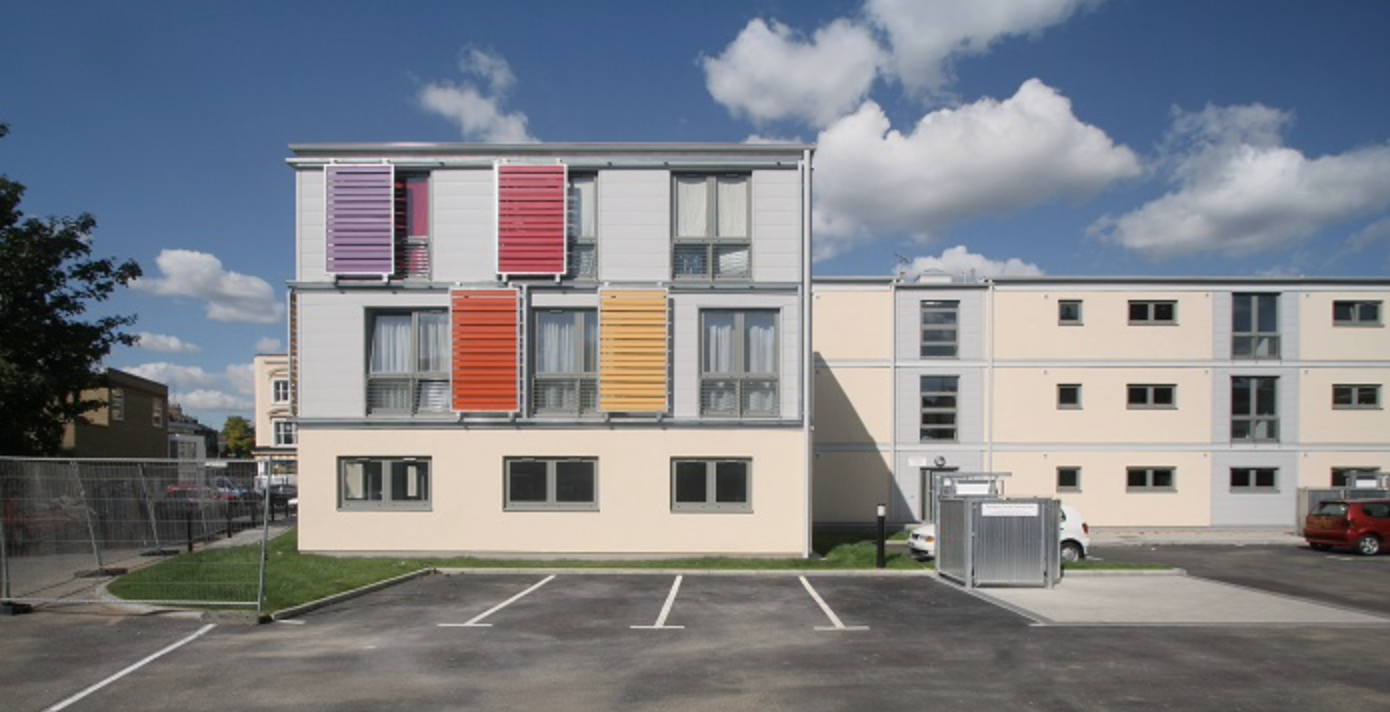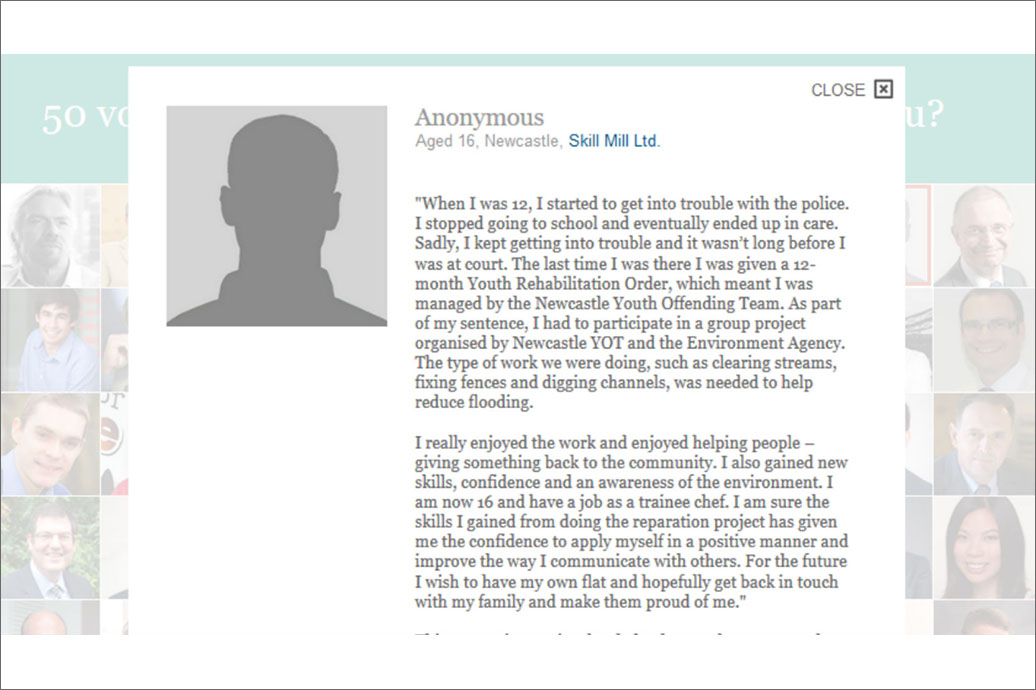People without a fixed address can use a ProxyAddress through a period of instability to receive assistance and access to needed services and get their lives back on track.
NO ADDRESS – NO SUPPORT
An address is no longer just a location – it is now, in fact, a means of identification. It means that if a person becomes homeless, they are immediately cut off from the essential services they need to recover. The ability to apply for jobs, receive benefits, open a bank account, receive post: all are out of reach exactly when most needed. Those who might have otherwise got back on their feet with a little early support become entrenched in the situation, developing more complex and care-intensive needs over time.
LONG-TERM EMPTY HOUSES AS PROXYADDRESSES
ProxyAddress provides a stable address through periods of instability. Using the existing data of over 270,000 long-term empty homes in the UK as well as those donated by partner organisations, it creates and provides consistent 'proxy' address details. These addresses help beneficiaries access vital support services regardless of their location, or how many times they have moved. The council provides each ProxyAddress, and these are free to those who use the service. The service users have varied backgrounds – rough sleeping, sofa surfing, or in temporary accommodation – and represent a portion of the estimated 320,000 people facing homelessness in the UK today. Unfortunately, data suggest that these numbers will only rise due to the effects of Covid-19. With a broad array of needs to be met, a range of partners is also necessary. These include people and organisations who had previously never worked together, including policymakers, front-line charity workers, and organisations such as Crisis, The Big Issue, Monzo, Barclays, Monese, Ordnance Survey, Mastercard, and InnovateUK.
A PROXYADDRESS ALLOWS PEOPLE TO ACCESS SERVICES
Using this system, individuals can apply for jobs, receive benefits, open a bank account, receive post, register with a doctor, and get NHS aftercare – all services that would otherwise be lost when needed most. It is much more sustainable to prevent someone from falling than to pull them back up. By reconnecting people with critical support services at an early stage, ProxyAddress gives them the best chance of a full, long-term recovery. The system is cost-effective too: each case of homelessness in the UK costs between GBP 24,000 to 30,000 per person; up to an estimated GBP 1 billion annually, in total. By using existing information and a comprehensive partner network, ProxyAddress can prevent individuals from becoming entrenched in homelessness – for less than 1% of the average cost of a case of homelessness.

Nobody should be left alone or without support in times of need. By providing stable address details for those facing homelessness, we aim to reconnect them with the support and opportunities they need to recover.




